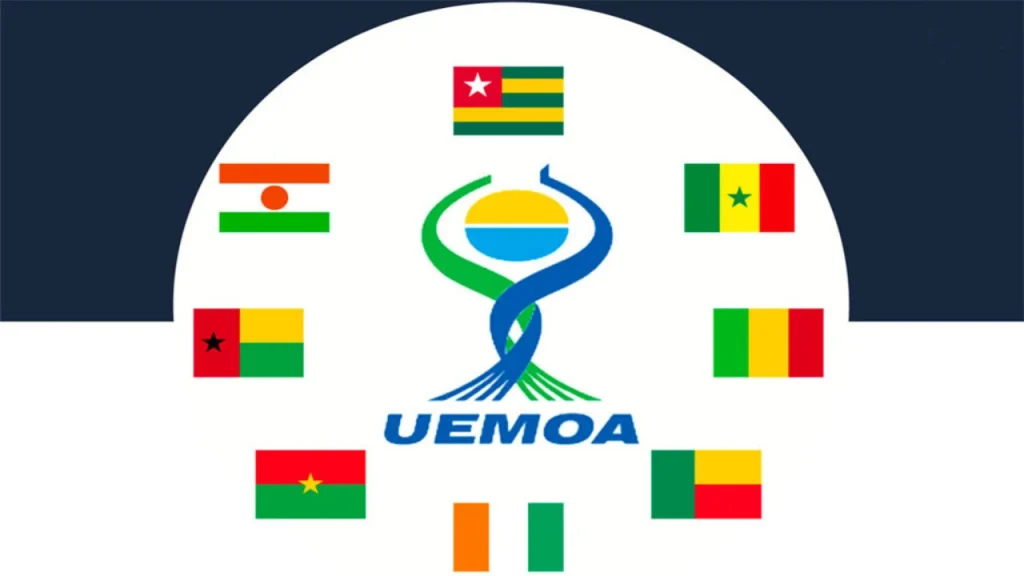- Promotes shared currency and regional trade
- Oversees policy in eight West African nations
UEMOA’s regional mandate and structure
UEMOA is the West African Economic and Monetary Union. It was formed in 1994 through a treaty signed by eight countries. These are Benin, Burkina Faso, Côte d’Ivoire, Guinea-Bissau, Mali, Niger, Senegal and Togo. UEMOA works to support regional economic integration. It uses the West African CFA franc as a shared currency. The union manages trade policy, tax systems and customs regulations. UEMOA sets rules to harmonise public finance and competition laws. It promotes common market goals and shared infrastructure.
The organisation includes several institutions. These are the Conference of Heads of State, a Council of Ministers and the Commission. The Commission operates from Ouagadougou. It also includes a regional court and audit body. Other key institutions include the Central Bank, a Banking Commission and a regional development bank. UEMOA conducts regular reviews of member states’ financial and policy performance. These reviews aim to keep budget and trade rules aligned. The union sets targets for national debt and economic growth. Each country must submit reports to show progress.
Also read: IQ Fiber brings 10‑gig network to Savannah
Also read: SANCFIS Africa ICT and defence leader
Financial institutions and regional goal
UEMOA manages the use of the West African CFA franc. This currency is shared by all eight member countries. The regional Central Bank issues and controls the currency. Uemoa also regulates banking and financial markets. It sets banking rules and monitors institutions for risk. Its financial market body supervises regional exchanges and financial products. The union also operates a development bank. This bank funds transport, energy and agriculture projects across the region.
UEMOAa uses common policies to boost trade between member states. It runs a customs union and applies shared import tariffs. The union supports digital and energy infrastructure upgrades. UEMOA works with regional and global partners. It supports transport, aviation, and environmental planning. It coordinates with other African unions and global financial groups. UEMOA promotes shared standards in data, education and public health. It organises expert groups to draft new policies. It also oversees how members apply agreed reforms. Uemoa encourages steady growth through cooperation and policy coordination.

